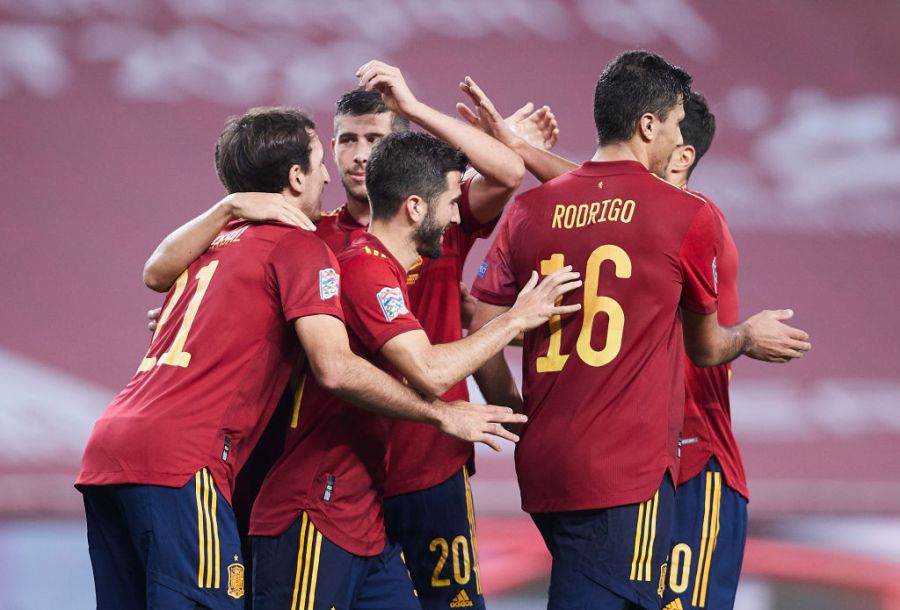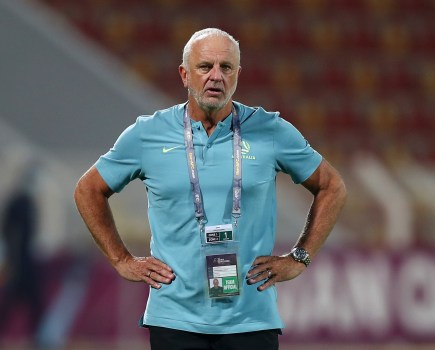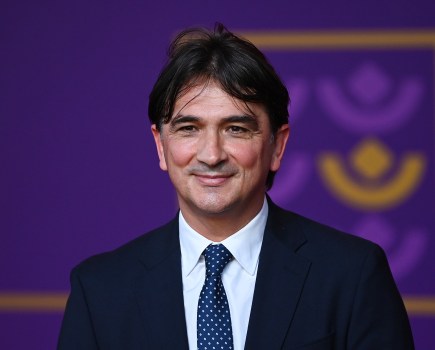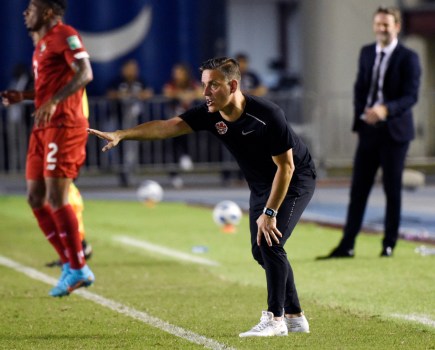Thrashing of Germany sends a message to the rest of Europe
OVERVIEW
Spain’s doubts were swept away in Seville, with the national team ending a three-game winless run by taking Germany to pieces with a stunning 6-0 Nations League victory in November.
- After all the concerns, the shifting line-ups, the laments as the golden era slipped further into the past, and question marks about where the goals were going to come from, they inflicted Germany’s biggest defeat since 1931.
- It was not just that Spain had found a way through to the final four of the Nations League, it was that they had found a way, full stop. A sense of identity and purpose, some belief: dominating possession, quick to win the ball back, incisive and fast; here at last was a result that made people think that they really could win the European Championship again after their double victory in 2008 and 2012.
- Suddenly, this summer is something Spaniards are looking forward to again.
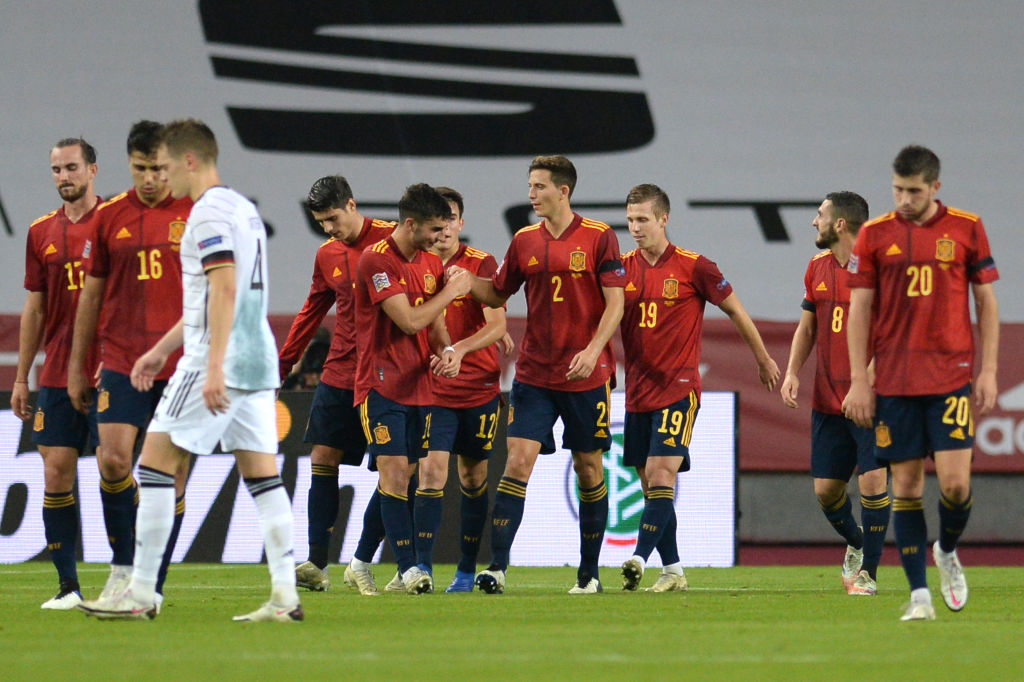
TACTICS
Luis Enrique, in his second spell in charge of the national team, has made plenty of personnel changes but one thing has remained clear: his determination to take the game to the opposition. He has plenty of options in his preferred 4-3-3 formation.
STAR MAN
Sergio Ramos
The beard gets longer and the years go by, but Sergio Ramos is still going strong.
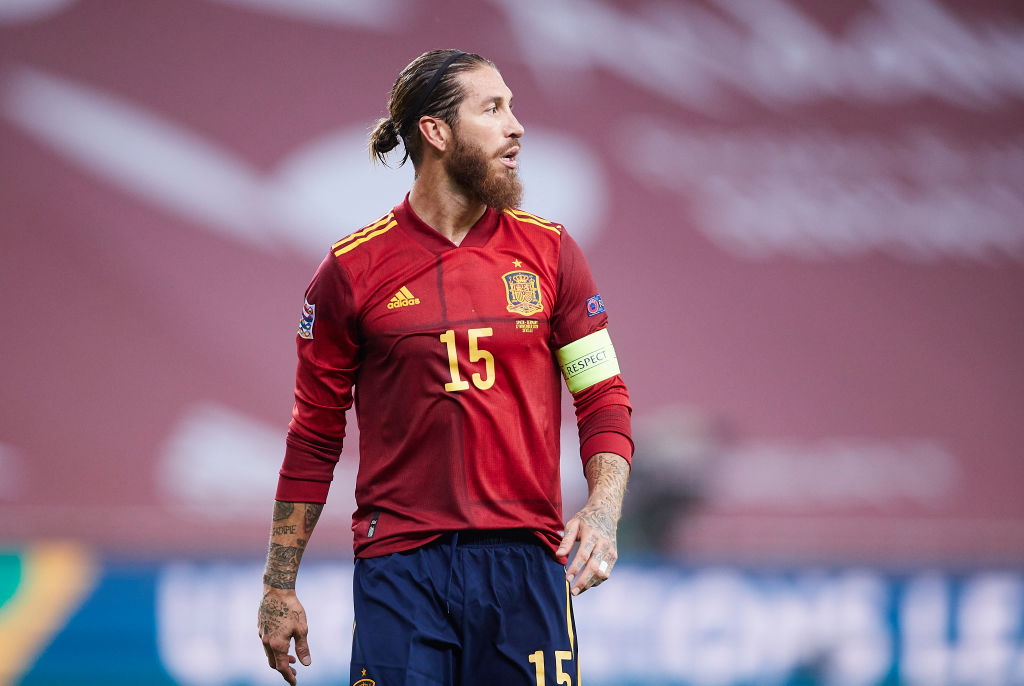
COACH
Luis Enrique
Single-minded and hypercompetitive, Luis Enrique likes winding people up but likes winning even more.
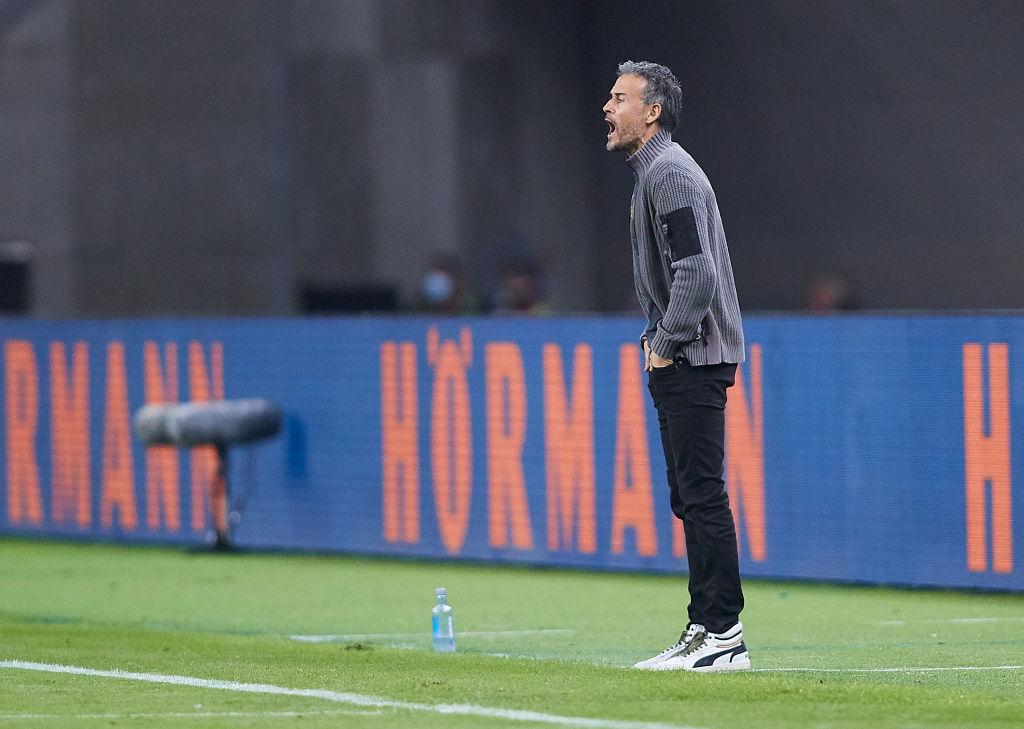
PLAYER PROFILE
Ferran Torres
“Madness,” Ferran Torres called it.
He stood, the match ball in his hand, grinning having just scored a hat-trick in only his seventh game for the Spanish national team, and against Germany too. A European champion at Under-17 and Under-19 level, the Manchester City attacker has long been seen as the outstanding player of his generation – there is a reason Pep Guardiola wanted him in the first place – but that is not the same thing as expecting him to lead the senior national team. Or, rather, was not.
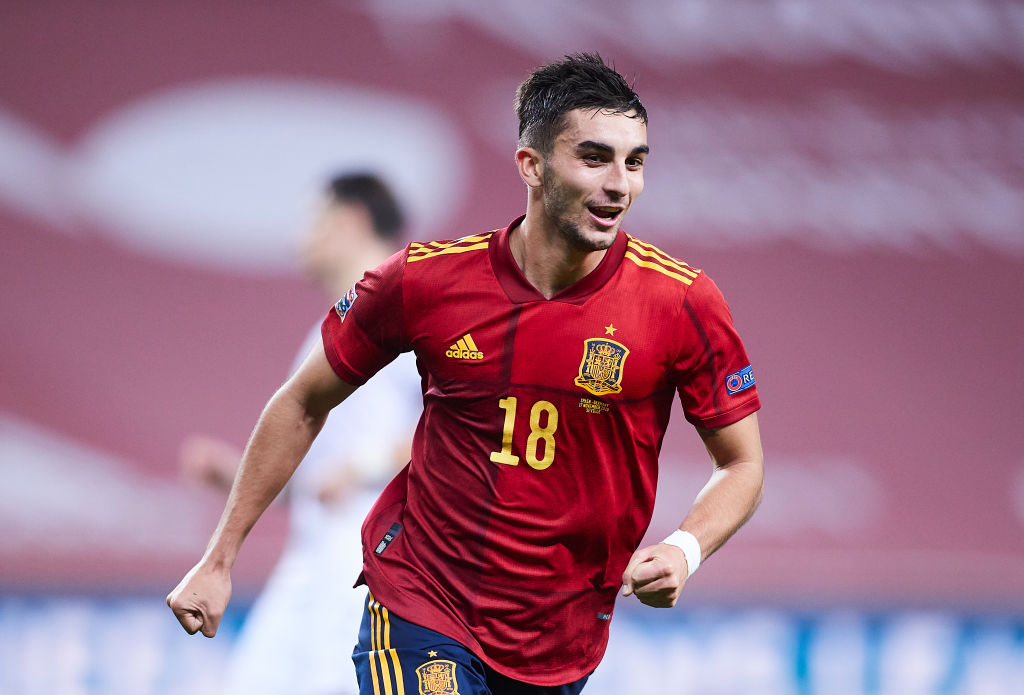
And yet, given that Spain seemed uncertain about their attacking positions (other options include Gerard, Adama Traore, Dani Olmo, Rodrigo and Ansu Fati), given Luis Enrique’s belief in him, Guardiola’s willingness to play him as a false nine, and with that extraordinary, fearless display against Germany, it seems logical to assume that he now has a big role to play – despite being just 20 years old. Fast, skilful, a good finisher and with great technique, the kid who joined Valencia at eight and had no doubts about departing so soon is a star in waiting.
Article by Sid Lowe
This article first appeared in the January Edition of World Soccer. You can purchase old issues of the magazine by clicking here.

